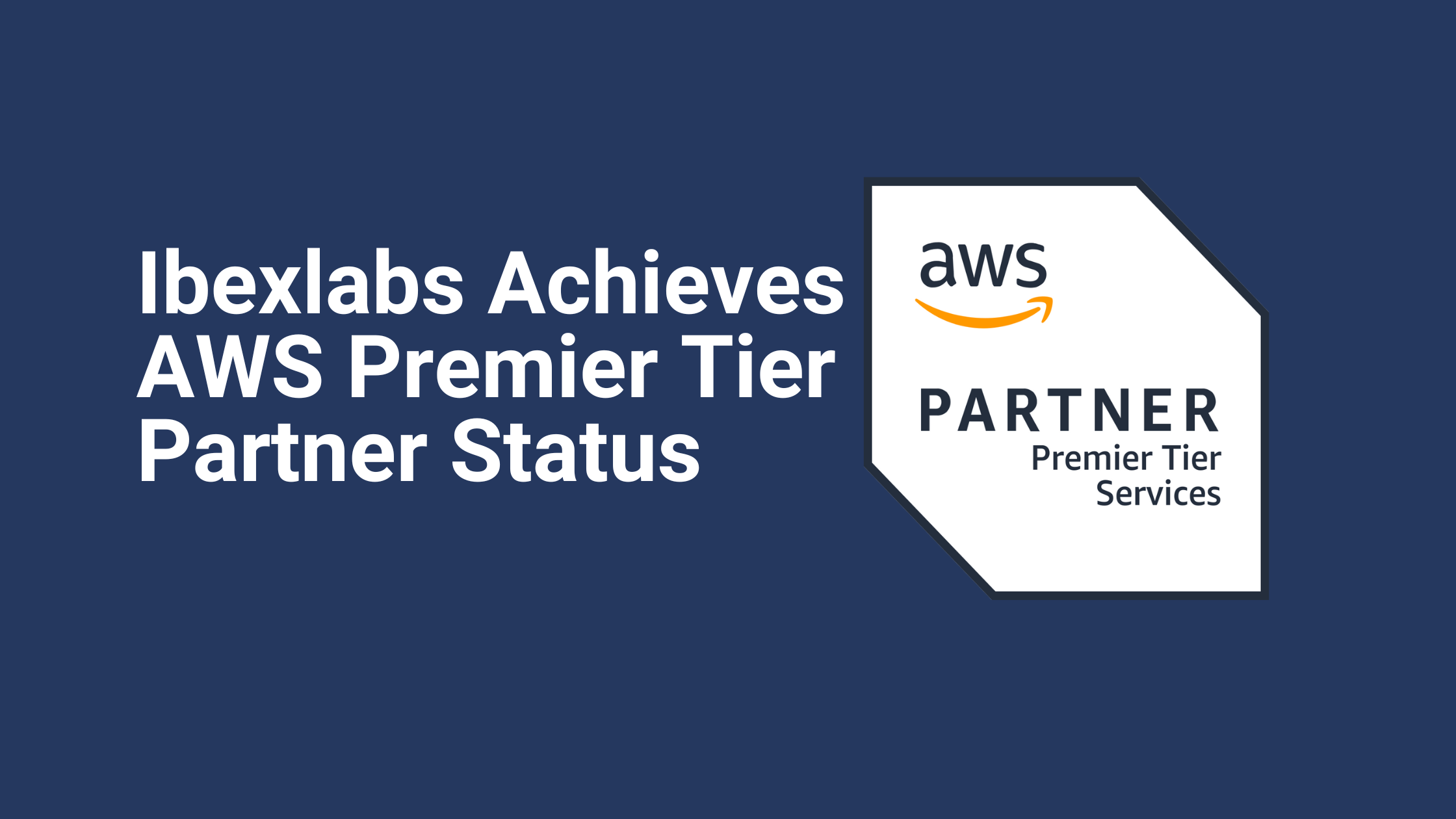Security Issues in Cloud Computing
Cloud computing allows apps and services to be more robust with more resources available. It also allows apps to run with more resilience by offering multiple redundancies and multiple layers of protection. On top of these advantages, many organizations are leveraging the benefits of cloud computing because operating on the cloud is also relatively more cost-efficient compared to running conventional servers.Which means practically everything runs in the cloud these days. The opposite side of the benefits coin for running on the cloud is the disadvantages. The increase of data being stored in the cloud increases the attack surface of cloud clusters. This makes security an even more important aspect to focus on when deploying to the cloud. Despite the growing awareness of the importance of cloud security, there are still several common security issues to anticipate.
Account Hijacking and Unauthorized Access
Before we get to more complex security threats, there is a simple security issue that needs addressing first: account hijacking. The biggest cause of intrusion and data breach is still access by unauthorized parties using valid user accounts. This can be caused by password theft, phishing attacks, and social engineering.There is no better time to start implementing strong and secure password policies than right now. It may sound primitive, but the statistics surrounding password behavior will astound you. For example, according to The 2019 State of Password and Authentication Security Behaviors Report, conducted by Ponemon Institute:
- 2 out of 3 (69%) survey respondents share their passwords with work colleagues to access accounts
- 51% of survey respondents reuse passwords across business and personal accounts
- 57% of survey respondents who have experienced a phishing attack have not changed their password behaviors
- 67% of survey respondents do not use any form of two-factor authentication in their personal life and 55% of respondents do not use it at work
It is crucial to security to rotate the passwords used periodically and to avoid reusing passwords that are also used to secure other services and accounts.
Insider Threat
The next security issue to anticipate is insider threat. Attack from within your organization or team is a risk you cannot afford to take lightly. Similar to unauthorized access, access by authorized parties for the purpose of harming the cloud environment is incredibly dangerous.This type of attack is more difficult to detect, and even more difficult to prevent. Normal access to the secure cloud storage will not raise any alarm. In fact, it is virtually undetectable until it is too late. Fortunately, information security best practices and the use of detailed logging tools are effective in limiting the damages caused by this type of attack.
Data Breaches
And then we have actual data breaches. As mentioned before, the increasing volume of data stored in the cloud substantially increases the attack surface of most cloud environments. Unless you take suitable steps to secure the environment from external attacks, a data breach is always a possibility.An open port that you forget about, a script with runtime access that can be elevated beyond its intended use, and other minor holes in the cloud environment can turn into a catastrophic problem when not handled properly.
Data Loss
Another risk that doesn’t get mitigated properly is data loss. Yes, cloud computing is designed to be resilient by nature, but that doesn’t mean the risk of data loss is completely eliminated. Servers can still fail, hardware can stop working, and your files may be lost.Do you know how to manage this security risk? A good backup routine—and a disaster recovery policy to go along with it—is all you need to prevent data loss. Maintain online (remote) and offline backups of your cloud environment for maximum security.
App Vulnerabilities
Even in a complex web of microservices architecture, the apps you run on the cloud environment can pose a serious security threat to the entire cluster. Even worse, many container-based platforms like Kubernetes don’t really manage security out of the box.Multiple firewalls, selective port monitoring, and other security measures will not work if the cause of an attack is code running from the inside. As part of your development workflow, make sure sufficient reviews and tests are performed before new codes are committed and deployed.
System Vulnerabilities
On a deeper level, taking steps to sufficiently secure hosts, operating systems, and other components supporting the cloud environment is also necessary. Utilizing cloud computing means taking charge of the environment. You have complete control over how the environment is set up, but that also means you need to handle securing the system yourself.Fortunately, there are tools, external security suites, and a large community of developers helping you secure your cloud environment at system level. As more apps run in the cloud, expect to see more secure systems and security measures being made available.
Security Compliance
To complete our list, we have security compliance. No, you’re not mistaken; compliance can be a huge security issue if not handled properly. Do you know that failure to comply with HIPAA can result in fines bigger than the valuation of your company? That’s a risk worth mitigating, isn’t it?Compliance alone is not enough though, and not complying with the mandatory security standards is not acceptable. We cover how you need to go above and beyond industry compliance here. Do routine security checks and make sure sufficient measures are in place to comply with standards in different industries.Do you still face these common security issues? If the answer to this question is a YES, you may have your work cut out for you. Securing your cloud environment is crucial to the success of your operations, so don’t wait—start taking steps to solve these common issues. Or contact Ibexlabs and leverage our team’s expertise to lift the security burden off your back.Don’t miss a great companion article to this one, read A Useful Overview of the Cloud Controls Matrix here.Ibexlabs is an experienced DevOps & Managed Services provider and an AWS consulting partner. Our AWS Certified DevOps consultancy team evaluates your infrastructure and make recommendations based on your individual business or personal requirements. Contact us today and set up a free consultation to discuss a custom-built solution tailored just for you.









